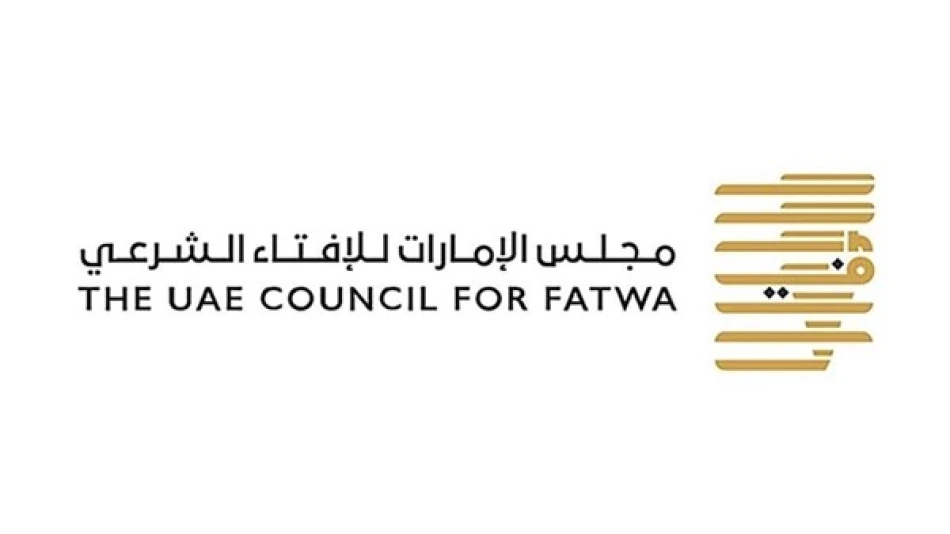
Celebrate the Noble Prophet's Legacy: An Insightful Guide from the UAE Fatwa Council
UAE Religious Council Issues Guidelines for Honoring Prophet Muhammad's Legacy
The UAE Council for Islamic Religious Affairs has released comprehensive guidelines on how Muslims should commemorate and honor the Prophet Muhammad's life and teachings, emphasizing moral character, national unity, and societal values. The seven-point framework reflects the Emirates' approach to promoting moderate Islamic principles while strengthening national cohesion and social harmony.
Seven Pillars of Prophetic Commemoration
Spiritual Reverence and Prayer
The council's first directive emphasizes magnifying the Prophet's status through increased prayers and blessings upon him, citing the Quranic verse: "Indeed, Allah and His angels send blessings upon the Prophet. O you who believe, ask Allah to bless him and grant him peace." This spiritual foundation anchors the entire framework in traditional Islamic devotional practice.
Educational Focus on Prophetic Biography
The guidelines stress studying the Prophet's noble characteristics and blessed biography, encouraging Muslims to examine his exemplary positions and tolerant teachings. This educational approach aims to help emerging generations follow his guidance and be illuminated by his light, positioning religious education as a cornerstone of character development.
Practical Implementation of Prophetic Guidance
Moving beyond theoretical knowledge, the council calls for following his noble guidance and adhering to his praiseworthy traditions while embodying his noble virtues. This reflects the Quranic principle: "Indeed, in the Messenger of Allah you have an excellent example."
Character Building and Social Values
Moral Excellence as National Priority
The framework emphasizes adopting Prophetic morals including truthfulness, trustworthiness, compassion, coexistence, and tolerance. The council references the Prophet's saying: "I was sent only to complete noble character traits," positioning moral development as both religious obligation and social necessity.
Unity and Innovation
The guidelines highlight community unity and cohesion, calling for adherence to the Prophet's principles in promoting human harmony and inspiring innovation and creativity among youth. This dual focus on tradition and progress reflects the UAE's broader national vision of combining Islamic values with modern development.
Practical Applications in Daily Life
Comprehensive Social Reform
The council advocates establishing values of facilitation, mercy, and affection in family relationships and professional dealings according to Prophetic methodology. This references the Quranic verse describing the Prophet as "a mercy to all worlds," extending religious principles into workplace ethics and family dynamics.
Patriotic Integration
The final guideline connects religious devotion with national loyalty, encouraging prayers for leadership and the nation's continued security, stability, progress, and prosperity. This integration of spiritual practice with patriotic duty reflects the UAE's model of Islamic governance supporting national development.
Strategic Implications for UAE's Religious Landscape
These guidelines represent more than religious instruction—they constitute a soft power strategy positioning the UAE as a moderate Islamic voice in the region. By emphasizing tolerance, innovation, and national unity alongside traditional religious values, the Emirates continues building its reputation as a bridge between Islamic heritage and modern progress.
The timing and comprehensive nature of these guidelines suggest the UAE's ongoing effort to counter extremist interpretations of Islamic teachings while promoting a version of Islam that supports economic development, social harmony, and international cooperation. This approach has become increasingly significant as the UAE expands its global influence through diplomatic initiatives and economic partnerships.
Most Viewed News

 Layla Al Mansoori
Layla Al Mansoori






